October 2, 2024
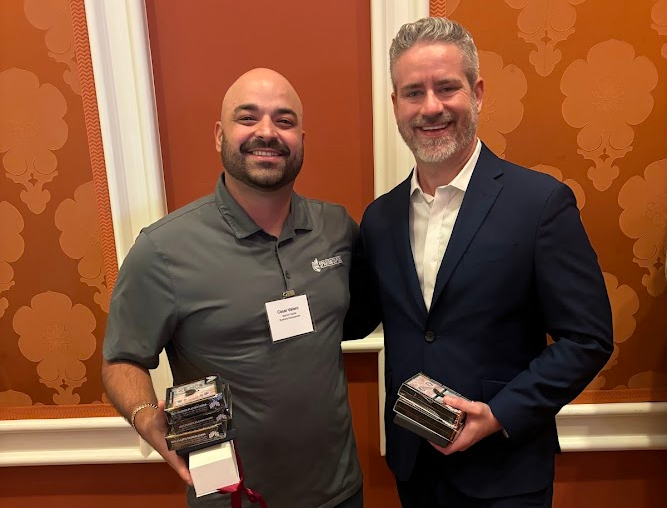 Left: Cesar Valero, Biz Dev at Spartan Capital. Right: Sean Murray
Left: Cesar Valero, Biz Dev at Spartan Capital. Right: Sean MurrayWhen Cesar Valero, Business Development Executive at Spartan Capital, sat down at one of the starting poker tables late last month to participate in the kick-off tournament for B2B Finance Expo, it had been almost exactly a year since he last played. His colleague Ryan Capella had finished second that time, which coincidentally had also been for a business event in Las Vegas. But here at B2B in 2024, the Spartan team was competing against a mix of players eager to show off their skills, some of whom play semi-professionally on the side.
According to Valero, they didn’t do any kind of practice ahead of time. “Frank [the CEO] just said ‘make sure you represent,'” he said. And after two and a half hours of impressive play that’s exactly what he did. The dealer and a hired pit boss keeping an eye on all the cards declared Valero the winner where he took home the grand prize gold bracelet and other goodies.
“We were actually really happy because we noticed that–obviously we celebrated a little bit–and then noticed after we’re like, ‘of the top four positions of the last two years, we [Spartan] have two’ that’s pretty good,” Valero said.
But more importantly, at the industry’s largest conference of the year, everyone suddenly knew who Valero was if they didn’t before.
“You can flat out tell them the best marketing at B2B was to win the poker tournament,” Valero said. People came up to him throughout the next two days calling him out by name. “Hey, Cesar!” they shouted, after having heard about his win.
And being the guy everybody wants to talk to is pretty much his job anyway. Spartan Capital provides revenue based financing and works with a large number of referral partners. Valero’s day-to-day is typically spent communicating with ISOs, whether it be phone calls or Zoom calls or in-office meetings, he is catering to what they need and trying to get deals funded. When asked if having a relationship with an ISO is an important part of the job, he said it’s the whole job.
“We’re a fair funder,” he said of Spartan. “We really don’t snub anybody out. Whether you’re the biggest guy in the space or the smallest guy in the space, we’re going to do our best to give you the best customer service we can. Our reps, pretty much nobody is a brand new rep. Everybody’s got experience. They know what they’re talking about.”
“Most deals are pretty straightforward,” he said, “but you always have that 10,15,20% that need a little more love…so it’s a fast paced environment and just try to keep up with it, make sure we’re doing the right service to our customers whether it be an ISO or a [merchant].”
Overall, Valero feels like the industry is on a strong trajectory, especially with tech and e-commerce platforms having rushed in to offer similar funding products to their customers.
“If they’re in it, they see the demand right?” he exclaimed, “and if they’re putting out billions of dollars like I see every quarter in press releases from Amazon or from PayPal or from one of the big players, they’re out there and they’re creating buzz… so better quality borrowers will be flowing in because the need is there across the board.”
Valero isn’t exaggerating about the fast pace. After having gone from the flow of deals to Vegas to even more deals, he couldn’t afford to let our interview about his big win go over the allotted time.
“I got about an hour and 15 minutes to the wire cut-off,” he said emphatically while thanking me for the call. “Let me see if I can do a couple more deals!”
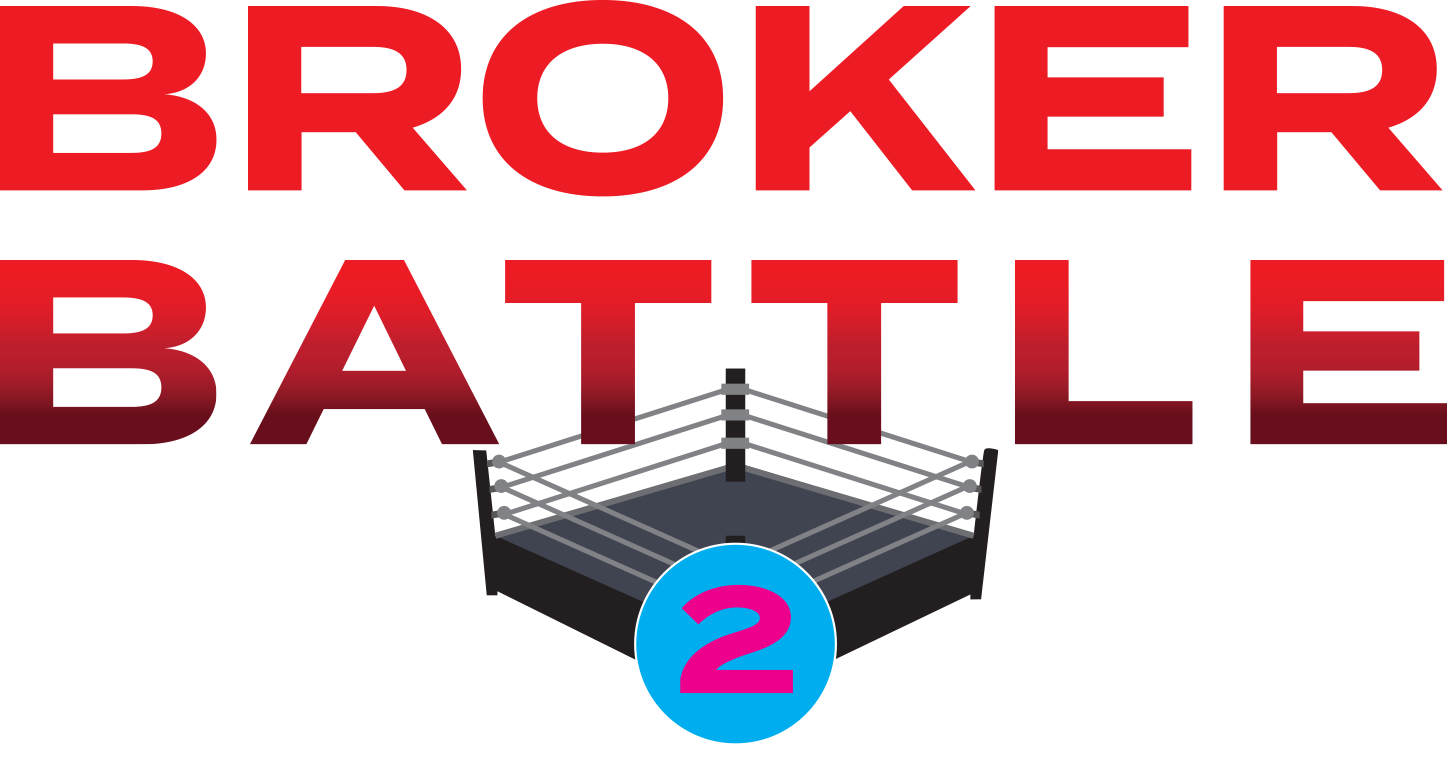
 All competing brokers will be vetted, tested, and scored through very short judging rounds on the showcase floor. The two top scores from each category will actually compete on stage for the championship.
That means that as opposed to last year's 6 total contestants and 7 separate battles on stage, this year's competition could feasibly manage up to 100 contestants for which there will only be 3 total battles on stage (each being a championship). The format allows for more brokers to prove themselves in person while reducing total stage time for the final grand performance.
Each broker will win a cash prize and the distinction of being Top Broker (in their category). To be eligible for entry, you must be an active broker with good ethics and a positive reputation. You must also be registered to attend deBanked CONNECT MIAMI where it will take place and enter yourself in the battle itself here.
All competing brokers will be vetted, tested, and scored through very short judging rounds on the showcase floor. The two top scores from each category will actually compete on stage for the championship.
That means that as opposed to last year's 6 total contestants and 7 separate battles on stage, this year's competition could feasibly manage up to 100 contestants for which there will only be 3 total battles on stage (each being a championship). The format allows for more brokers to prove themselves in person while reducing total stage time for the final grand performance.
Each broker will win a cash prize and the distinction of being Top Broker (in their category). To be eligible for entry, you must be an active broker with good ethics and a positive reputation. You must also be registered to attend deBanked CONNECT MIAMI where it will take place and enter yourself in the battle itself here.
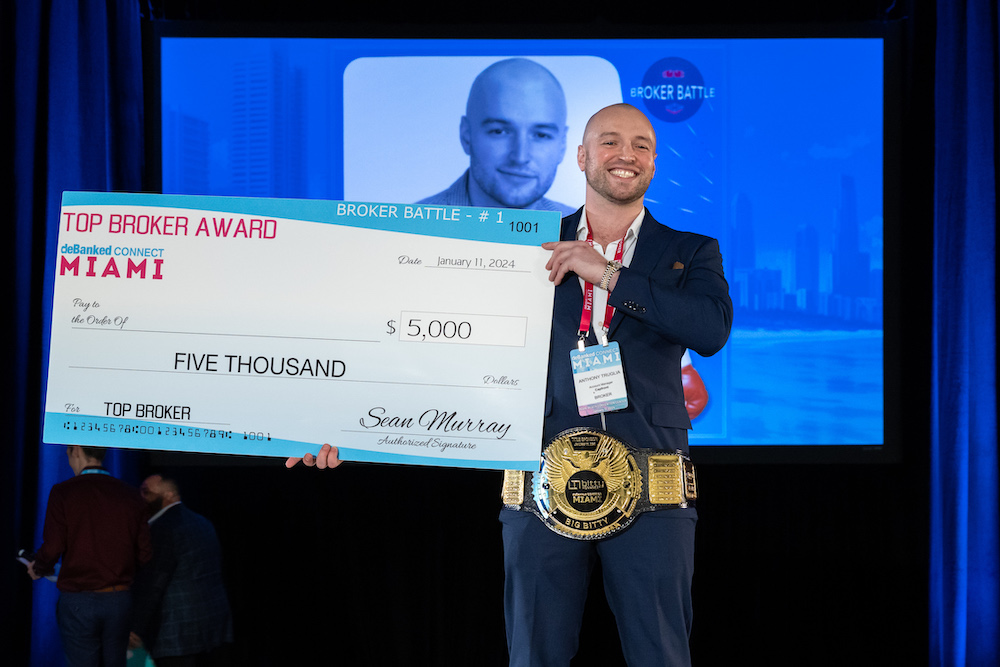




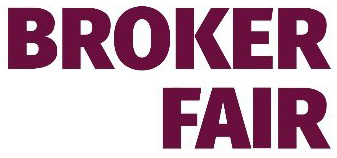
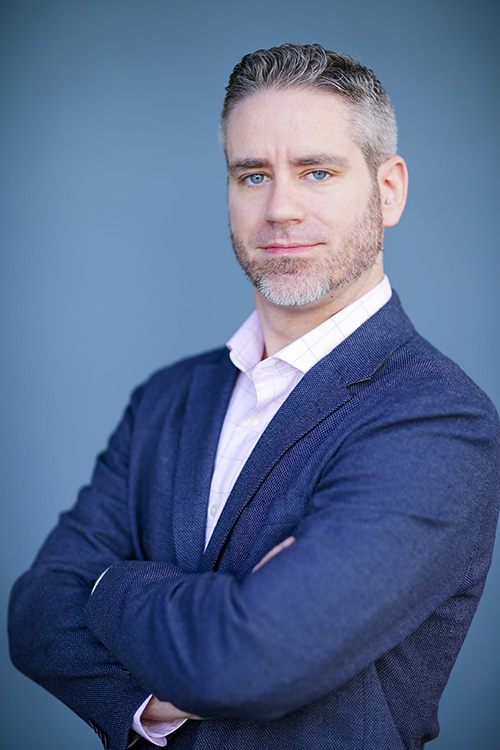
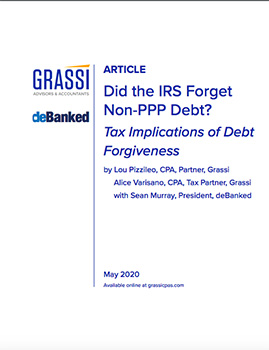
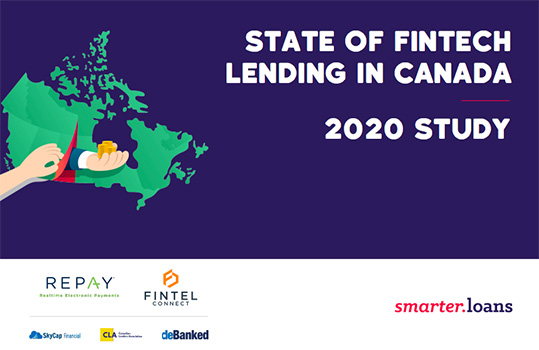
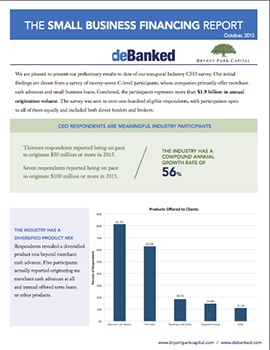
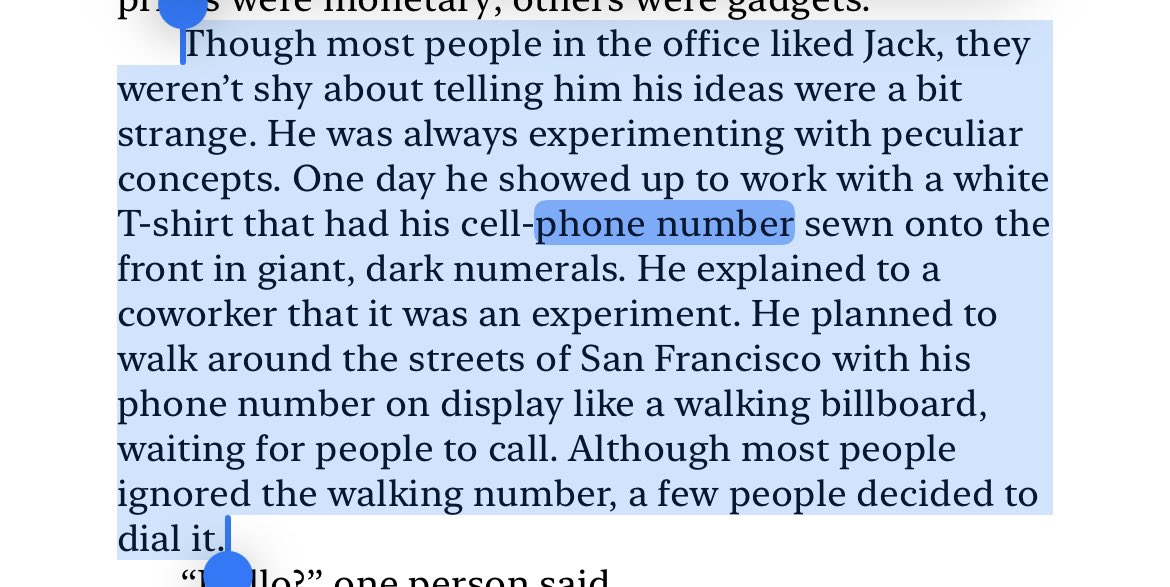
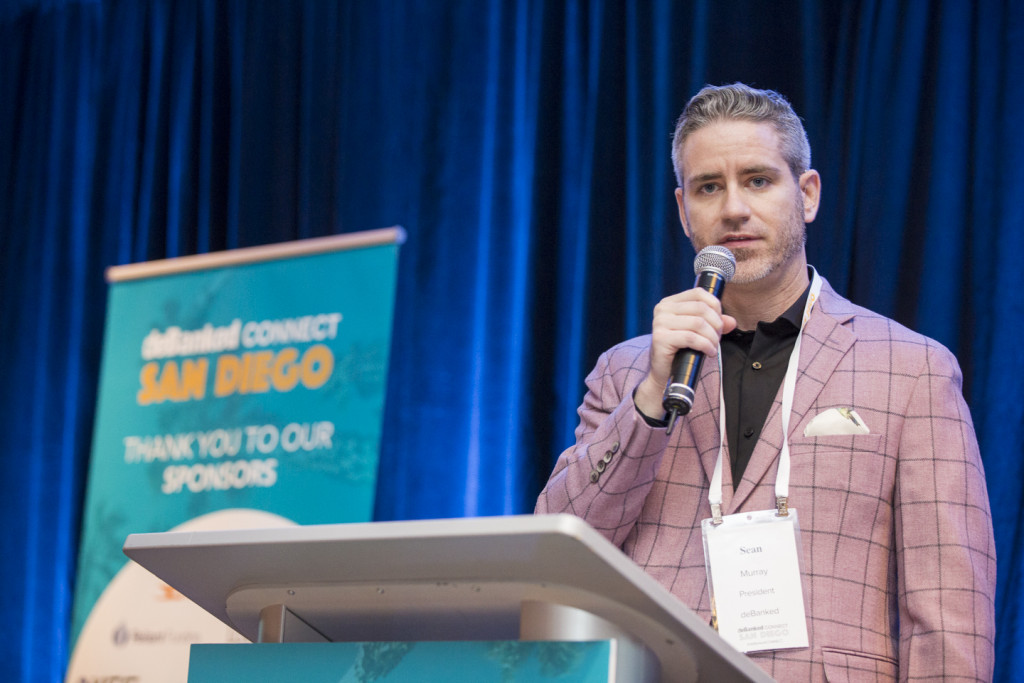
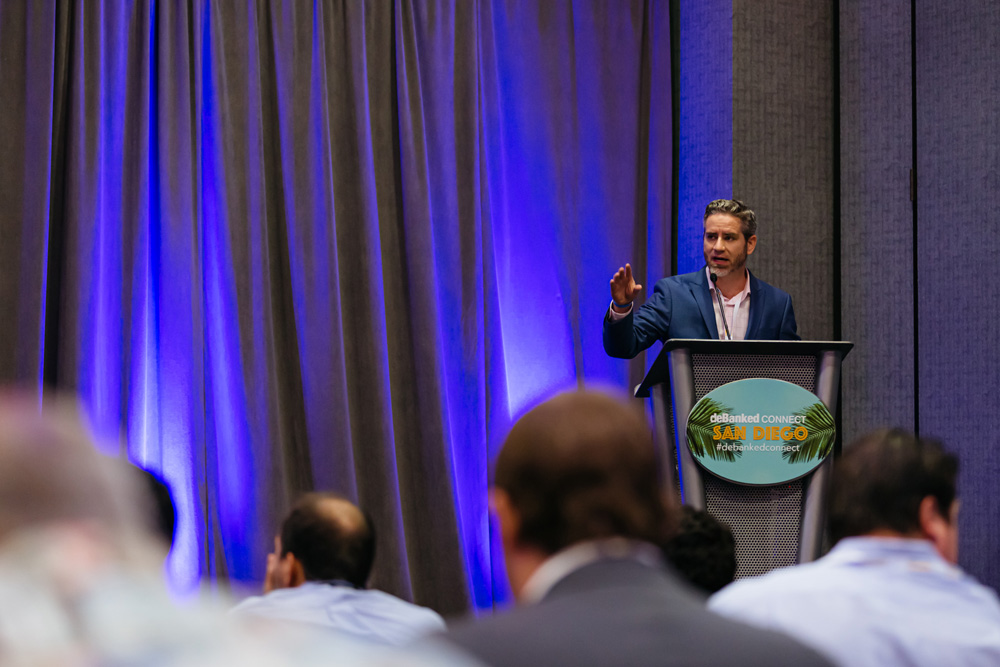
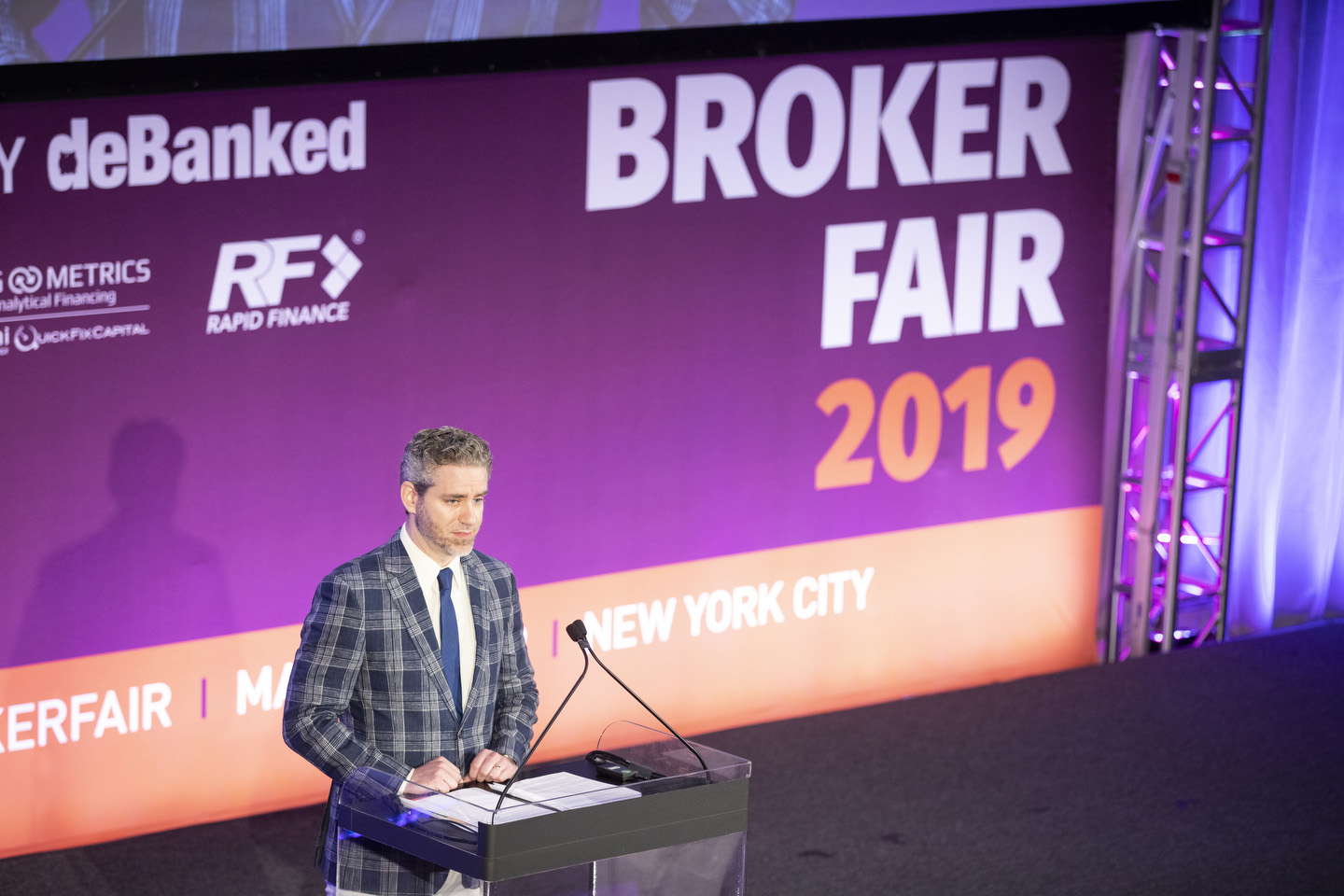
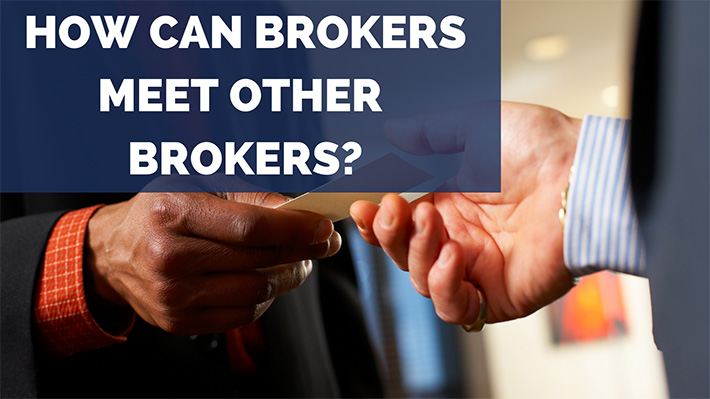
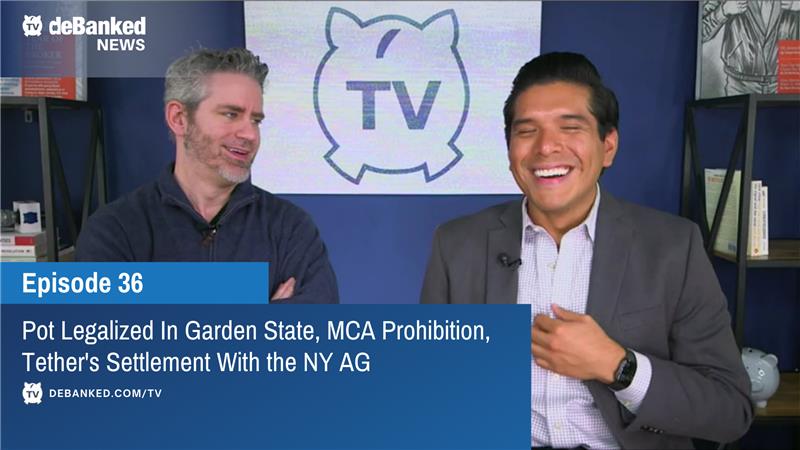
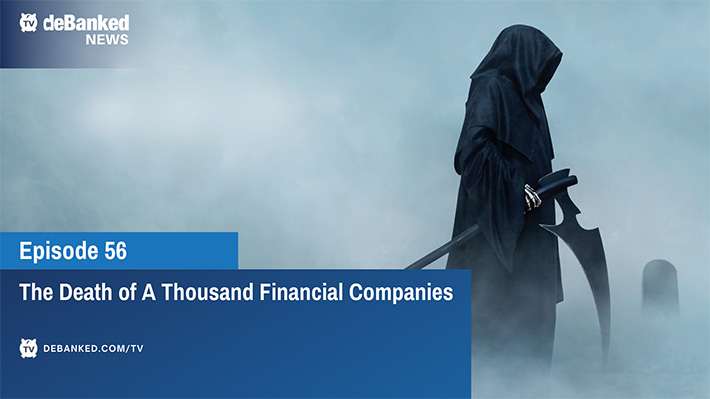
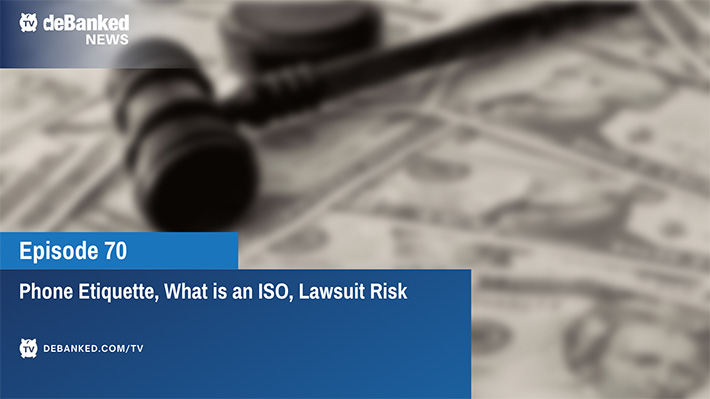

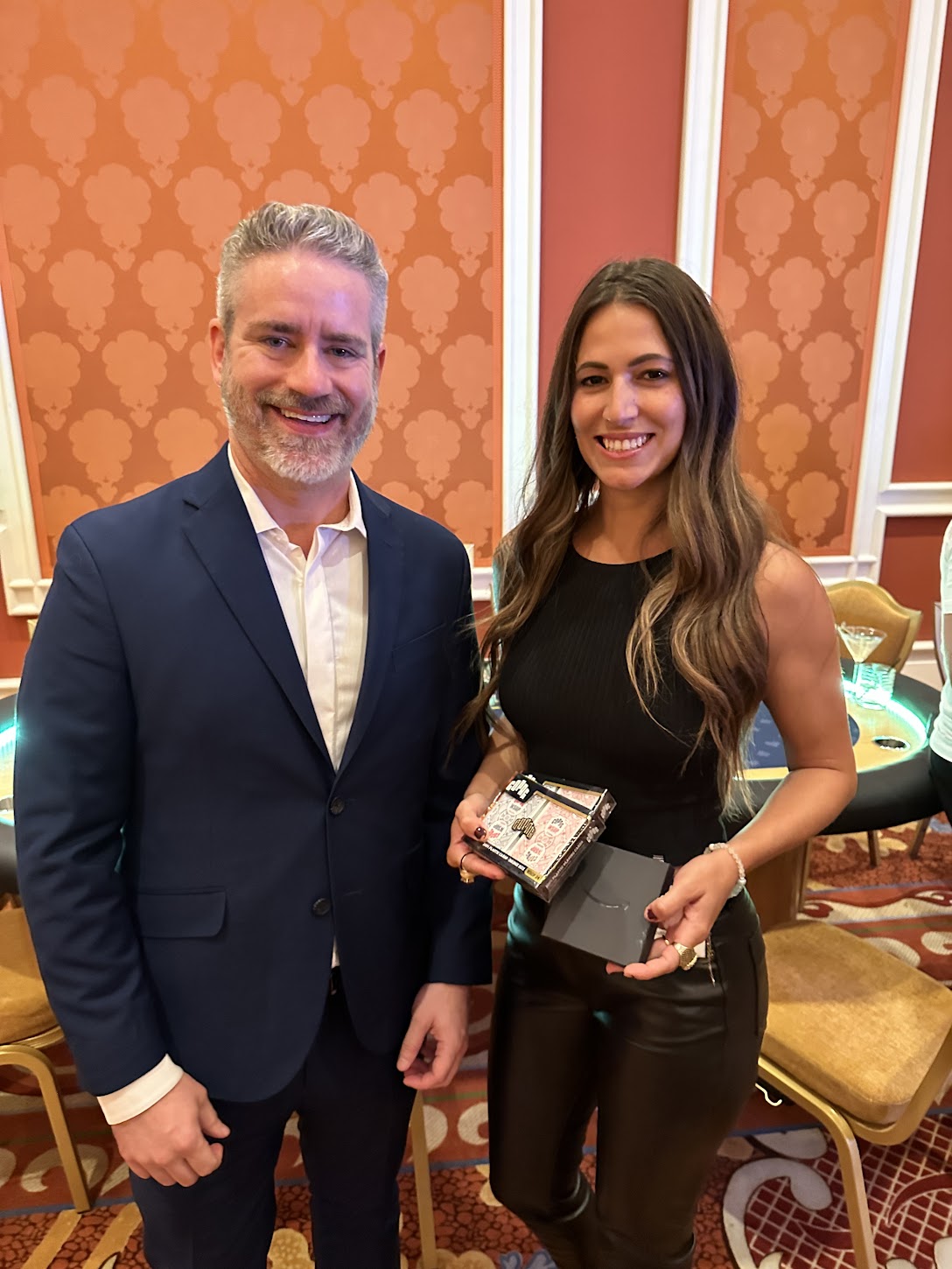

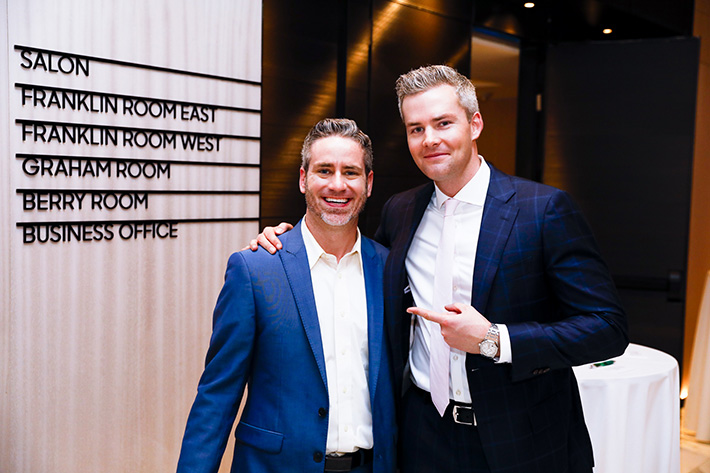

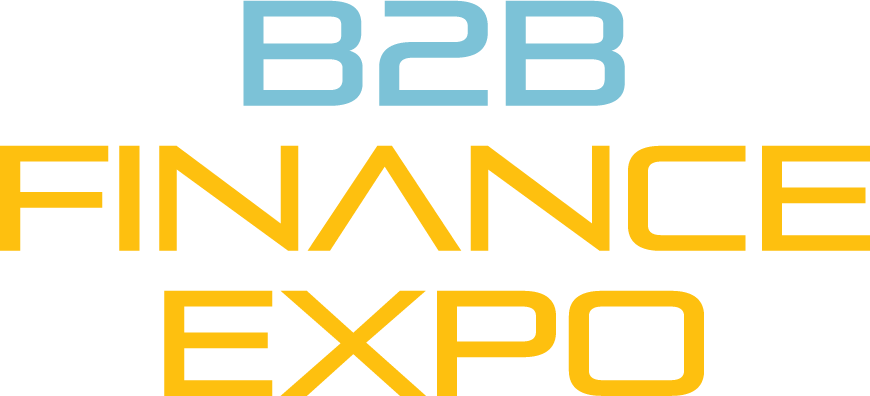 The SBFA is a non-profit advocacy organization dedicated to ensuring Main Street small businesses have access to the capital they need to grow and strengthen the economy. The SBFA’s mission is to educate policymakers and regulators about the technology-driven platforms emerging in the small business lending market and how their member companies bridge the small business capital gap using innovative financing solutions. Attendees of the conference will have the opportunity to support this initiative.
The SBFA is a non-profit advocacy organization dedicated to ensuring Main Street small businesses have access to the capital they need to grow and strengthen the economy. The SBFA’s mission is to educate policymakers and regulators about the technology-driven platforms emerging in the small business lending market and how their member companies bridge the small business capital gap using innovative financing solutions. Attendees of the conference will have the opportunity to support this initiative. 



























